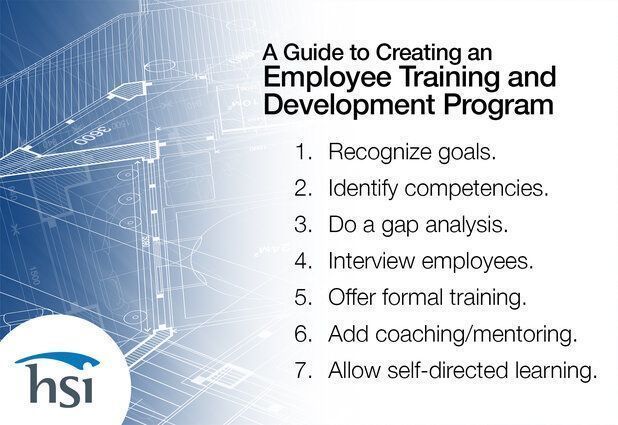
As the tech industry continues to grow and evolve at an unprecedented rate, it becomes imperative for companies to stay abreast of the ever-changing legal requirements that govern the employment landscape. Employment law compliance is not only essential to maintaining a fair and equitable workplace but also to avoiding costly legal consequences. In this article, we will delve into the various aspects of employment law compliance in the tech niche and highlight the significance of adhering to these regulations.
The Foundation of Employment Law Compliance
Employment law serves as the framework that governs the relationship between employers and employees, ensuring fair treatment, protection of rights, and prevention of discrimination. In the tech industry, where innovation and rapid development are the norm, compliance with employment laws becomes crucial to maintain a positive work environment.
HTML Markup Example: <p>
Why Employment Law Compliance Matters
1. Protecting Employee Rights: Compliance with employment laws safeguards the rights of all employees, including but not limited to fair compensation, safe working conditions, protection against harassment and discrimination, and the right to proper representation.
2. Avoiding Legal Consequences: Non-compliance with employment laws can result in severe legal repercussions, including hefty fines, lawsuits, reputational damage, and even the potential closure of a company. Staying compliant mitigates these risks and maintains a company’s standing in the industry.
3. Enhancing Employee Morale and Productivity: Complying with employment laws demonstrates a company’s commitment to the overall well-being of its workforce. This, in turn, boosts employee morale, encourages loyalty, and ultimately improves productivity.
Key Employment Laws in Tech
1. Anti-Discrimination Laws: These laws prohibit any form of discrimination based on race, color, gender, religion, age, disability, or national origin. In the tech industry, where diversity and inclusivity are highly valued, compliance with these laws is not just a legal requirement but also a business imperative.
2. Wage and Hour Laws: These laws govern minimum wage, overtime pay, payment of wages, and establish working hour limits. Startups in the tech industry, known for their long working hours and demanding schedules, must ensure compliance to avoid costly penalties or employee dissatisfaction.
3. Intellectual Property Laws: Tech companies rely heavily on intellectual property rights. Compliance with intellectual property laws protects a company’s innovations, trade secrets, patents, trademarks, and copyrights. This compliance becomes a key factor in maintaining a competitive advantage.
4. Data Privacy Laws: In an era dominated by big data, tech companies handling sensitive information must comply with data privacy laws. These laws regulate data collection, storage, use, and protection, safeguarding consumer privacy and preventing potential data breaches.
Implementing Employment Law Compliance Strategies
Compliance with employment laws can be a complex process, but it is essential for every tech company. Here are some strategies to ensure effective compliance:
1. Regular Training and Education: Educate employees and management about employment laws, providing them with the necessary knowledge to maintain compliance and avoid accidental violations.
2. HR Policies and Documentation: Implement comprehensive HR policies that align with employment laws, and regularly review and update them as necessary. Maintain accurate and up-to-date employment records to demonstrate compliance in case of audits.
3. Seek Legal Counsel: Consult with legal professionals well-versed in employment law to navigate complex legal requirements, obtain guidance, and stay up-to-date with any changes in legislation.
4. Conduct Internal Audits: Regularly review internal practices and processes to identify any areas of non-compliance and take corrective action promptly.
Conclusion
Employment law compliance is not an option; it is a necessity for tech companies aiming to build a sustainable and successful business. By prioritizing compliance, businesses can protect the rights of their employees, avoid legal consequences, enhance productivity, and maintain a positive reputation in the industry. Stay informed, implement appropriate strategies, and always strive to exceed the threshold of compliance in the ever-evolving landscape of the tech niche.

